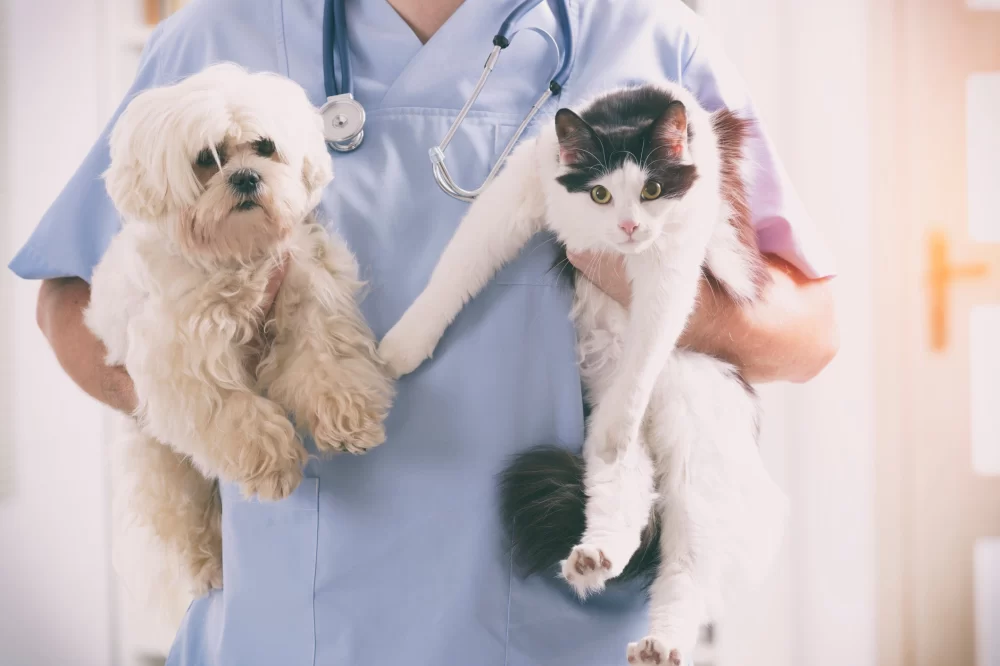- understanding-veterinary-costs
- key-factors-influencing-expenses
- advanced-diagnostics-and-treatment
- specialized-veterinary-care
- impact-of-regulation-and-insurance
- managing-veterinary-costs-effectively
Understanding Why Veterinary Costs Are So High
Many pet owners often wonder, why are veterinary costs so high? The rising expenses associated with veterinary care can sometimes be surprising, especially for those unprepared for unexpected medical bills. Veterinary care is a complex field involving specialized knowledge, advanced technology, and round-the-clock emergency services. Understanding these underlying reasons helps pet owners appreciate the value behind the price tags.
Veterinary professionals dedicate years to training, just like human doctors, to ensure pets receive quality care. Additionally, the cost of running a veterinary clinic—including staff salaries, equipment, and medication—significantly contributes to overall charges.
Key Factors Influencing Veterinary Expenses
Several elements drive veterinary costs upward. First, the cost of medical supplies and pharmaceuticals for animals is often higher than for humans due to specialized formulations and dosages. Additionally, maintaining advanced diagnostic machines such as X-rays, ultrasound, and MRI scanners adds to overhead expenses.
Another factor is the demand for comprehensive services, including preventive care, surgeries, dental cleanings, and critical care. The wide range of treatments offered requires clinics to invest in diverse equipment and highly trained specialists, which can escalate costs.
The Role of Advanced Diagnostics and Treatment
Modern veterinary medicine increasingly relies on cutting-edge diagnostic tools and treatment methods. Tests like blood panels, biopsies, and imaging provide detailed insights into pet health, enabling precise and effective care but at higher costs. Moreover, advanced surgical procedures and therapies, including cancer treatment or orthopedic surgeries, involve specialized equipment and expertise.
A real-life case involved a beloved dog diagnosed with an unexpected heart condition, requiring an echocardiogram and specialized surgery. The procedure's cost reflected the complexity and precision necessary to save the pet's life, illustrating why veterinary fees can sometimes be steep but justified.
Specialized Veterinary Care and Its Impact
Just as human healthcare has specialists, veterinary medicine has experts in fields like cardiology, dermatology, and oncology. Accessing these specialists ensures pets receive top-tier care but can increase costs significantly. This specialization demands additional training and resources, contributing to the overall expense of veterinary services.
Pet owners may find that a general vet refers their animals to specialists for certain conditions, emphasizing the collaborative and comprehensive nature of veterinary healthcare today.
Regulation, Insurance, and Veterinary Costs
Veterinary practices are subject to strict regulations to maintain safety and quality, which adds operational costs. These include licensing fees, compliance with health standards, and continuing education for staff. Furthermore, pet insurance is becoming a popular way to manage high veterinary costs, though insurance premiums and coverage limitations also influence financial decisions.
Understanding insurance plans, coverage options, and exclusions can help pet owners better prepare for veterinary expenses and avoid unexpected financial strain.
Managing Veterinary Costs Effectively
While why are veterinary costs so high? remains a common question, there are ways pet owners can manage expenses without compromising care quality. Preventive measures such as regular check-ups, vaccinations, and dental care can reduce the risk of costly treatments later.
Exploring pet insurance options and discussing cost estimates upfront with your veterinarian can also aid budgeting. Some clinics offer payment plans or discounts for multiple pets. Most importantly, partnering with trusted providers ensures your pet receives quality care at fair prices.
For personalized advice and assistance in managing veterinary costs, visit Camping Rural to explore products and services that support pet health and owner preparedness.












